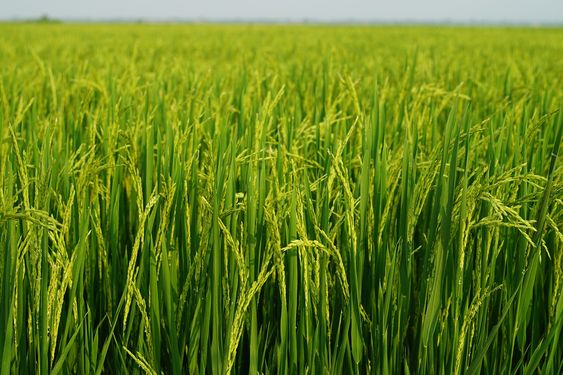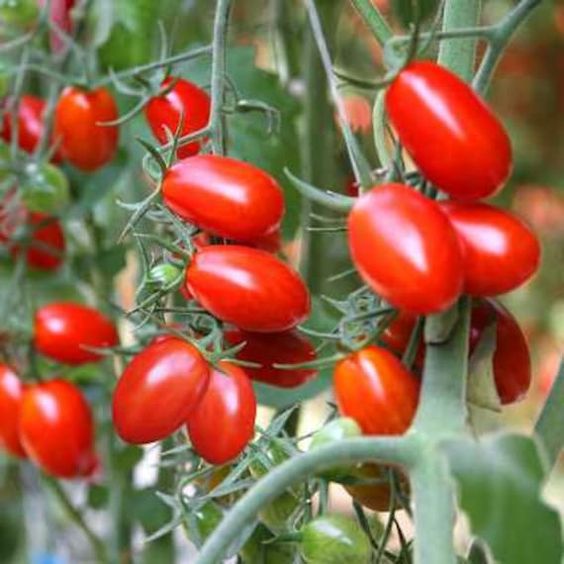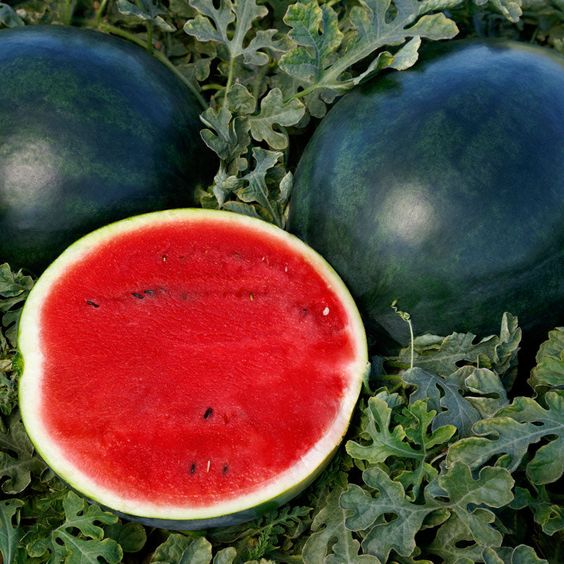Harvesting Innovation: How Smart Agriculture Processed Products are Transforming the Industry
Agriculture Processed Products sector is on the cusp of a revolution. Driven by advancements in technology and a growing global population, the need for smarter, more efficient farming practices has never been greater. This is where the concept of Smart Agriculture, coupled with the focus on processed agricultural products, comes into play. This dynamic duo is poised to reshape the industry, ensuring a sustainable and abundant future for food production.
For millennia, agriculture has been the backbone of human civilization. However, traditional farming methods are facing unprecedented challenges. Climate change, resource depletion, and a rising demand for food are putting immense pressure on our ability to produce enough to feed a growing population. Smart Agriculture, with its data-driven approach and innovative technologies, offers a solution.
Contents
Smart Agriculture: Cultivating with Intelligence
Smart Agriculture leverages a range of technologies, including sensors, automation, robotics, and big data analytics, to optimize every stage of the agricultural process. Sensors collect real-time data on factors like soil moisture, nutrient levels, and weather conditions.Agriculture Processed Products, This data is then analyzed using sophisticated algorithms to generate insights and recommendations. Farmers can then use these insights to make informed decisions about irrigation, fertilization, and pest control.
The Power of Processing: Adding Value Beyond the Field
Agriculture Processed Products take raw agricultural commodities and transform them into convenient, shelf-stable ingredients or consumer goods. This processing adds value to the agricultural output, reduces food waste, and extends the shelf life of products. From flours and oils to dairy products and pre-packaged meals, processed agricultural products play a vital role in modern food systems.
The Synergy Between Smart Agriculture and Processed Products
The convergence of Smart Agriculture and processed agricultural products creates a powerful synergy. Here’s how:
- Improved Quality and Consistency: Smart Agriculture Processed Products helps farmers produce crops with consistent quality, which is crucial for large-scale processing.
- Reduced Waste: By optimizing resource use and minimizing spoilage, Smart Agriculture ensures a steady supply of raw materials for processing facilities.
- Enhanced Traceability: Smart Agriculture technologies can track crops throughout the supply chain, ensuring transparency and food safety in processed products.
- Data-Driven Innovation: Data collected from Smart Agriculture practices can be used to develop new processing techniques and products that cater to specific consumer needs.
Examples of Smart Processing in Action
Several innovative processing techniques are emerging in the age of Smart Agriculture Processed Products:
- Precision Fermentation: This technique utilizes microorganisms to create meat alternatives and other food products with a lower environmental footprint.
- Minimally Processed Foods: Consumers are increasingly demanding fresh, minimally processed products. Smart Agriculture helps ensure the quality and safety of these delicate items.
- Intelligent Packaging: Technologies like smart labels and time-temperature indicators provide valuable information about the freshness and quality of processed agricultural products.
The Road Ahead: Challenges and Opportunities
Despite the immense potential, integrating Smart Agriculture and processed products comes with challenges:
- Infrastructure and Cost: Implementing Smart Agriculture technologies requires significant upfront investment in infrastructure and training.
- Data Security: Protecting the vast amount of data generated by Smart Agriculture systems is crucial.
- Consumer Awareness: Educating consumers about the benefits of Smart Agriculture and its role in processed products is essential.
However, the opportunities are vast:
- Increased Efficiency and Productivity: Smart Agriculture can significantly improve resource use and agricultural output.
- Enhanced Sustainability: By minimizing waste and optimizing resource use, the industry can become more environmentally friendly.
- Empowering Farmers: Smart Agriculture empowers farmers with knowledge and tools to make informed decisions and improve profitability.
- Meeting Consumer Needs: Processed products derived from Smart Agriculture can cater to evolving consumer demands for convenience, health, and sustainability.
Conclusion: Agriculture Processed Products
The integration of Smart Agriculture and processed agricultural products is a game-changer for the agricultural sector.Agriculture Processed Products, By embracing these advancements, we can create a more sustainable, efficient, and profitable agricultural industry that meets the needs of a growing population. This collaborative approach will not only ensure food security for all, but also pave the way for a brighter future for agriculture.




